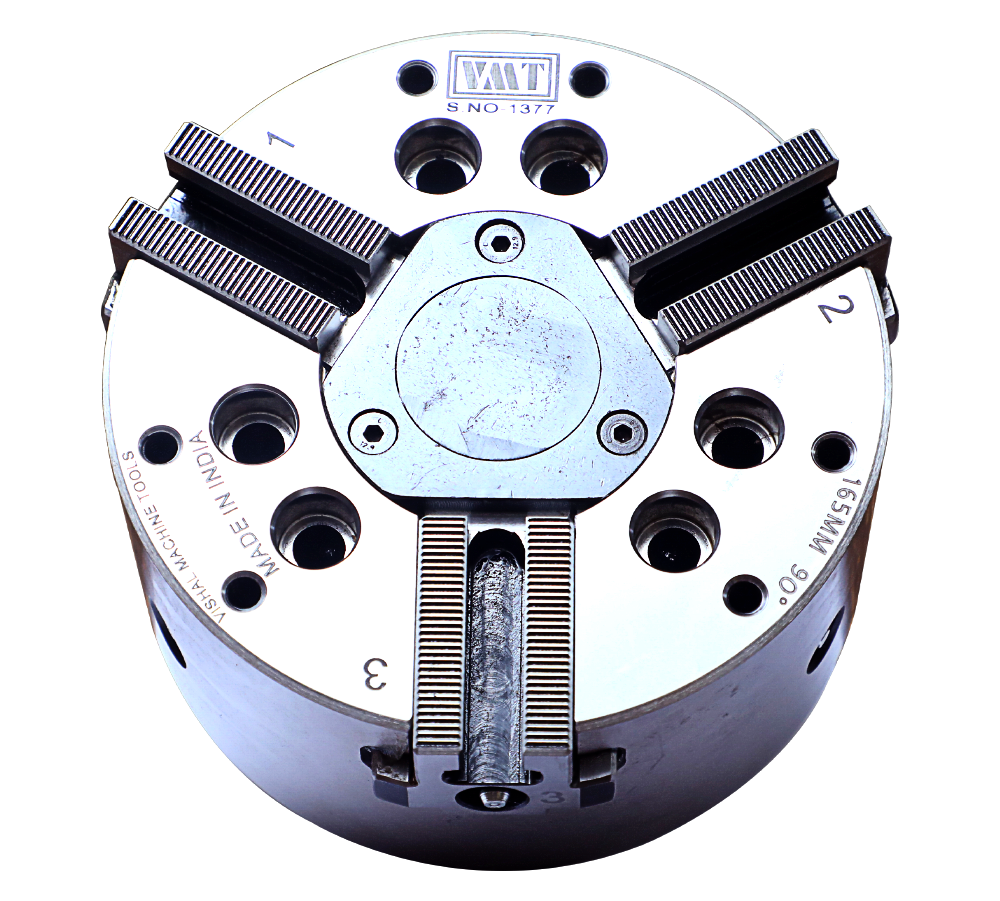Why Hinged Stop Collars Are Ideal for Tight Access Installations
Have you ever attempted to install a stop
collar in a wellbore that required passing through Mumbai traffic during rush
hour? Those who have experienced tight access situations already know
traditional stop collars are not suitable, but hinged stop collars could become
your ideal downhole solution.
The following discussion explains how
hinged stop collars function as the preferred tool for professionals working
with challenging completion systems and demanding time constraints. Read on to
find out why more engineers are turning to these mighty little components — and
how to choose the right stop collars
manufacturer in India to get the job done right.
What’s a Hinged Stop Collar, Anyway?
A stop collar is a mechanical device that
prevents centralizers or other downhole tools from sliding along the casing.
Simple? Sure. But critical? Absolutely.
There are three primary types:
●
Set screw collars (secured with screws into
the casing)
●
Friction collars (rely on tight fit and
surface contact)
●
Hinged stop collars (split design that wraps
around casing, secured by latch, bolts, or lock pins)
Why Hinged Stop Collars Outperform in Tight Access Jobs
Let’s face it — nobody wants to wrestle
with a collar in 45°C heat while fighting a deadline. Hinged designs offer
unique benefits that simplify installation, boost reliability, and reduce NPT
(non-productive time).
Tool-Free, Hassle-Free Installation
Unlike set screw models that require
torque wrenches or friction types that need perfect alignment, hinged stop
collars can be installed by hand and tightened with minimal tools. That’s a big
win when:
●
Your rig floor is cramped
●
Time is tight
●
You're working at odd angles
Strong Hold Without Damage
Indian manufacturers of hinged collars
develop precise products that securely hold well casings while safeguarding the
casing structure for sensitive operations and regulatory purposes.
High Torque Resistance
Modern hinged collars are designed for
high-torque wells and lateral movements. Field tests have shown that some
models outperform traditional collars under simulated directional drilling
conditions.
Field
Insight:
An onshore crew in Rajasthan reported 22%
faster install times and zero collar slippage during a 6,000 ft run after
switching to hinged models from a stab
in stinger supplier in India that also manufactures stop collars. That’s
measurable efficiency — and fewer headaches for the field team.
Conclusion
en Space Is Tight,
Don’t SettleHigh-stakes locations such as deepwater wells and tight land rigs
do not allow any form of slippage, whether physical or metaphorical. Hinged stop collars provide businesses with a
strong and fast solution that requires minimal effort to operate. Companies
seeking both operational continuity and straightforward systems should choose
stop collars.
Contact Us @ 9910810792



Comments
Post a Comment